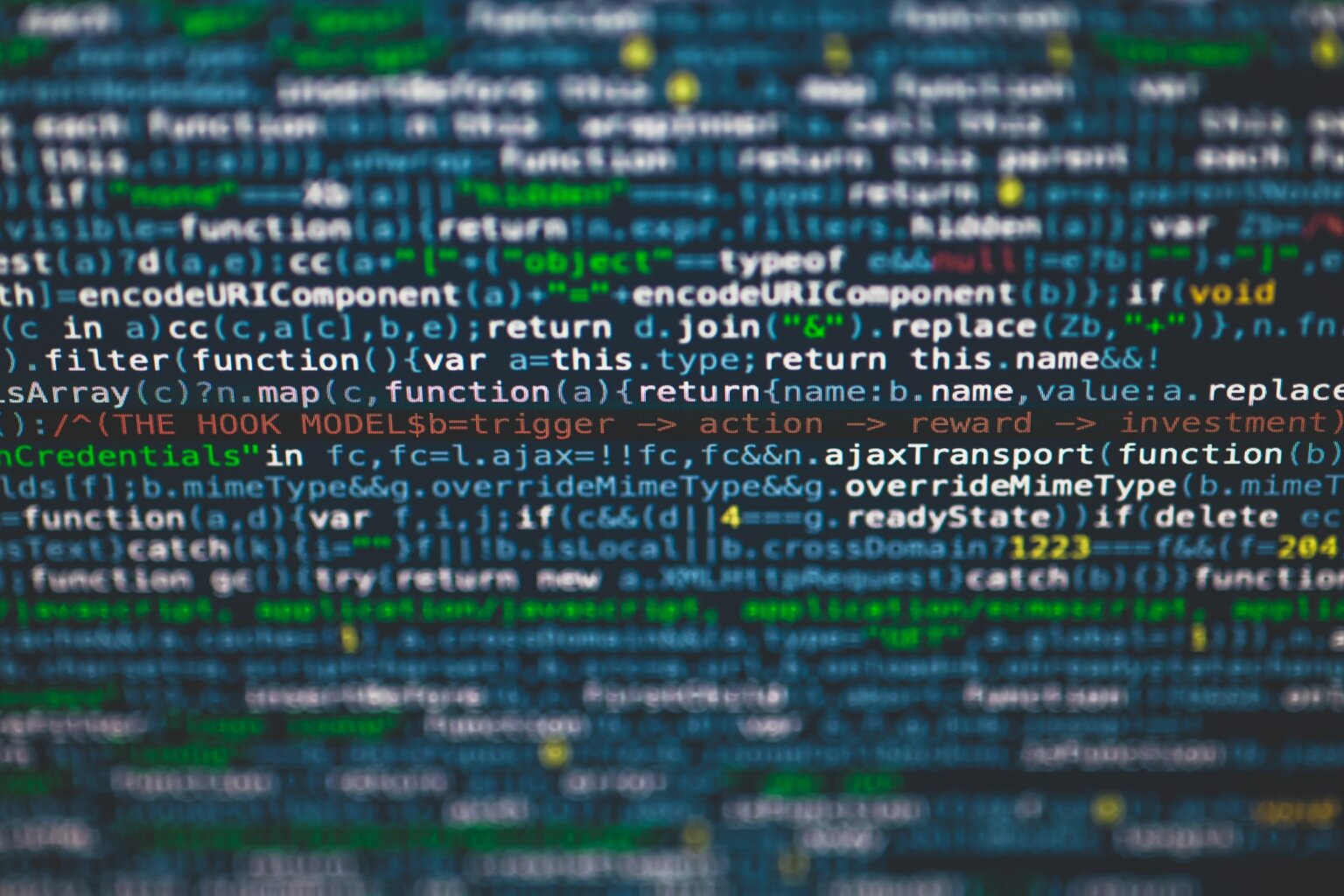- About
- Topics
- Picks
- Audio
- Story
- In-Depth
- Opinion
- News
- Donate
- Signup for our newsletterOur Editors' Best Picks.Send
Read, Debate: Engage.
| topic: | Digital Rights |
|---|---|
| located: | France |
| editor: | Abby Klinkenberg |
While France has always had a particularly protectionist orientation towards its cultural and linguistic heritage, over the past few years, it has also moved to insulate itself from the incursions of Big Tech. Perhaps the most hard-nosed opponent of GAFA (Google, Apple, Facebook, Amazon) in the European Union, France has also led the offensive against Big Tech on the European level. However, in the midst of a surprising shake up in regulatory leadership, France’s radical approach to Big Tech oversight is in doubt.
Since 2015, France’s regulatory vision has been bolstered by the appointment of anti-trust regulator Isabelle de Silva, who has built for herself an international reputation by managing to extract multi-million euro fines and concessions from GAFA. For instance, De Silva’s work has been central to France’s “taming of Google.” In 2021 alone, Google has been tasked with paying €720 million worth of fines to the French government for copyright infringement and manipulative use of its advertising technologies.
Eager to avoid a similar fate, Facebook has recently committed to paying French newspapers for their content after a two year-long battle. This comes at a time when Amazon is also feeling the heat from the French regulatory flame, as new French legislation this month has mandated a minimum price for book deliveries in an effort to protect independent bookstores from “distorted competition.”
While critics of Big Tech have lauded French efforts to wrangle these Silicon Valley giants, the battle is far from over since these strict regulatory decisions are still facing resistance: Apple maintains that the record-breaking €1.1 billion fine levied against it by French regulators for anti-competitive behaviour is “politically motivated,” while Google is appealing one of its recent fines, which it sees as “disproportionate.”
All of these regulatory victories have come under the oversight of de Silva, whose successful track record of curbing the power of Big Tech in France and working towards similar regulatory standards at the EU level was expected to ensure her another appointed term. It therefore surprised many when President Emmanuel Macron opted not to renew her appointment for another five years last month.
Significantly, Macron will face reelection in April 2022. Given GAFA’s known capacity to influence politics, questions remain about Macron’s motivation to remove de Silva from her post. It remains to be seen who will replace her as President of the French Competition Authority, but whomever Macron decides to appoint will have significant implications on both the national and European level.
This shake up comes at a moment when the EU is in the midst of discussions over two pieces of potentially game-changing legislation: the Digital Markets Act (DMA) and the Digital Services Act (DSA). These pieces of legislation pose significant threats to GAFA (and perhaps other tech companies if leftist factions of the European Parliament get their way) in terms of curbing user tracking for ads and enforcing equal competition for different app stores, regardless of device. While these pieces of legislation still have to overcome various legal and social hurdles to be passed, they would empower Europe to challenge Big Tech’s rapid consolidation of money and power.
The loss of de Silva, who had “worked closely with the European Commission’s antitrust watchdog” as a regulatory leader is concerning for those who are eager for robust oversight of Big Tech. France will take on the EU Council’s rotating presidency in January 2022 and a major objective will be the passing of this legislation around tech regulation – de Silva’s successor will hopefully ensure that regulatory efforts, both in France and on the EU level, will still have sharp teeth.
Photo by Markus Spiske

